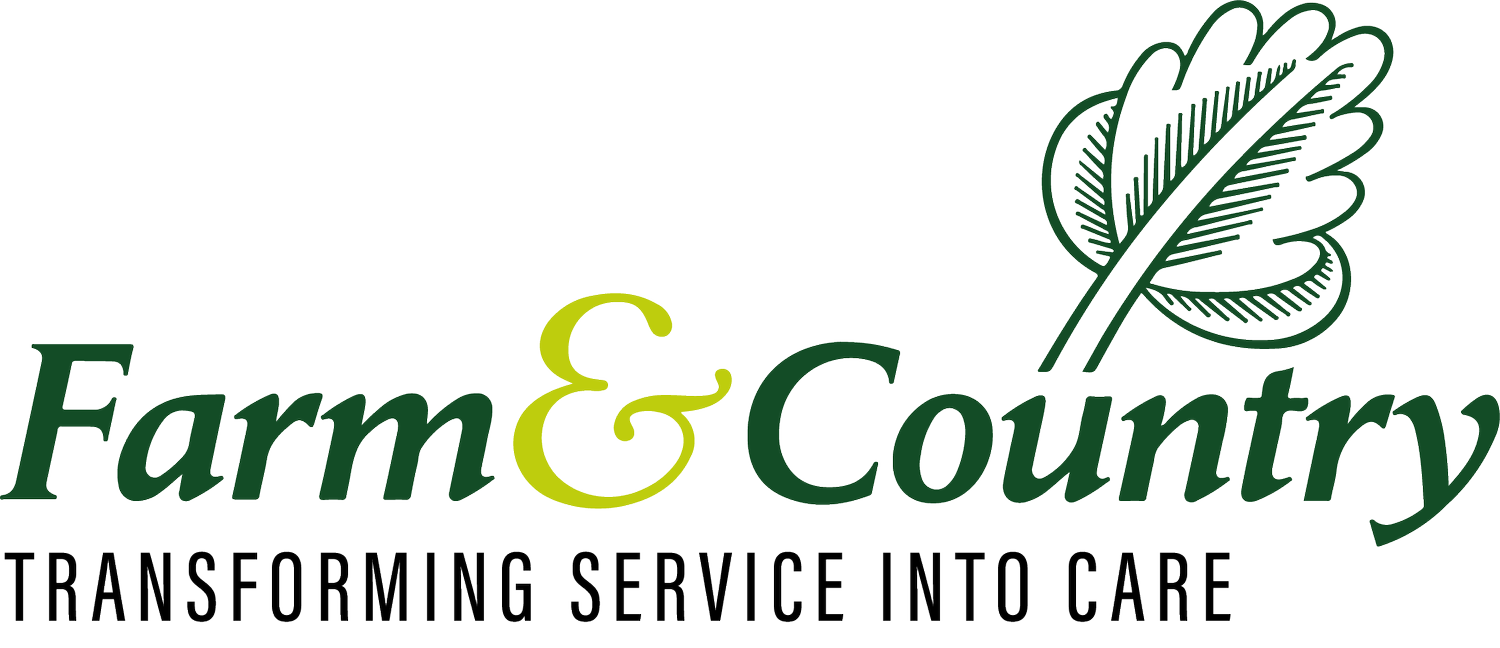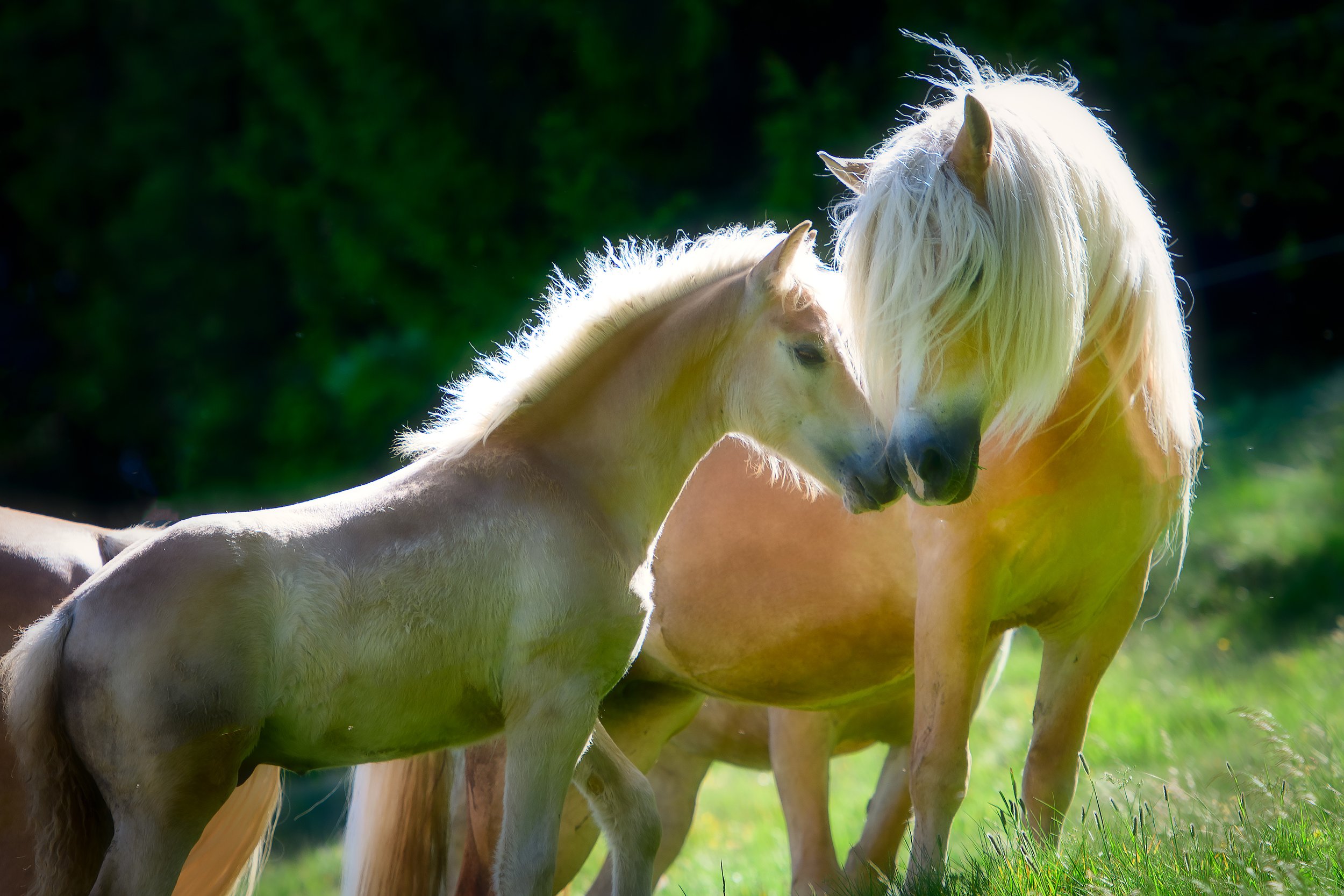Horse Safety on the Farm
For centuries, horses have been an integral part of human society. We have relied on their strength and speed for transportation, their endurance for ploughing fields, and their agility for competition in sports like racing and polo. At the same time, these powerful animals can be susceptible to injuries if proper precautions are not followed on the farm. As the caretakers of horses, it is our duty to guarantee their welfare as they aid us with labour or enjoy recreation. We must provide safe enclosures, regular veterinary care, and protection from hazards so these majestic creatures can thrive. Though they are mighty, horses are also vulnerable and deserve our conscientious stewardship.
What are the dangers to horses on the farm?
The heavy equipment used on farms, such as tractors, hay balers, and mowers, poses major risks for horses if not operated cautiously in their vicinity. These powerful machines can easily cause catastrophic wounds or fatalities if proper protocols are not followed around them. Farm owners must make it a priority to train workers thoroughly on safe equipment handling, design paddocks that separate horses from machinery, and take precautions like removing keys when not in use.
Another danger is fencing. Fences need to be in good condition to prevent horses from escaping or getting injured by broken wires or sharp edges. Additionally, horses may accidentally slip under fences or get tangled up in them.
Natural hazards such as ponds and streams also pose a risk to horses on the farm. Horses may fall into these bodies of water while drinking or playing near their banks.
It's essential that horse owners take every precaution necessary to mitigate these dangers so that their beloved animals can live long lives free from harm on the farm.
How can you make your farm safer for horses?
Ensuring horse safety on the farm is essential to prevent accidents, injuries and fatalities. Here are some ways you can make your farm safer for horses.
It's important to have a well-maintained and secure fence around the pasture or paddock area. This will ensure that horses cannot accidentally wander off into dangerous areas such as busy roads or fields with poisonous plants.
Ensure that the fencing around pastures and enclosures is in good condition, sturdy, and horse-safe. Regularly inspect and repair any damaged areas to prevent horses from escaping or getting entangled. Avoid using barbed wire fences as these can easily injure horses if they try to jump over them or get tangled up in them. Instead, maybe use electric tape fencing which is more visible and less harmful to animals. Ensure that gates and latches are secure, functional, and horse-proof. This prevents accidental escape or unauthorised access to areas that may pose dangers to horses.
Provide ample shade and shelter for horses where they can take refuge from excessive heat, cold weather conditions or storms. Make sure that all structures are sturdy enough to withstand strong winds or heavy snowfall. Remove any hazards such as sharp objects, loose wires, or protruding nails that may cause injuries. Keep the barns and stalls clean at all times by regularly removing manure and other debris. This will help prevent bacterial infections in horses which could lead to serious health problems.
Implement fire safety measures, including having fire extinguishers in accessible areas, proper storage of flammable materials, and regular fire drills to familiarise everyone with evacuation procedures.
Educate farm staff, visitors, and anyone interacting with the horses about safety protocols, such as proper behaviour around horses, avoiding sudden movements or loud noises, and being aware of horse body language. Always supervise young children around horses so they don't get hurt while trying to pet or ride them without proper guidance from an experienced adult.
What are some best practices on the farm?
Horse safety on the farm is crucial to ensure that these majestic animals remain healthy and happy.
1. Regular veterinary care: Horses should receive routine veterinary check-ups, including vaccinations, deworming, dental check-ups, hoof care, and overall health evaluations. Promptly address any health issues to prevent them from escalating.
2. Understand your horse: Learn basic animal behaviour and body language as this will help you identify when something is wrong with your horse before it becomes too serious.
3. Safe housing: Your horse's living quarters should be well-constructed with sturdy fencing and proper shelter from extreme weather conditions. Allow horses to have enough space in their pasture or turnout area to move and exercise freely. Overcrowding can lead to territorial disputes and potential injuries. Routinely inspect for potential hazards such as toxic plants, holes, or dangerous equipment.
4. Proper feeding habits: Feeding horses a nutritious diet is vital to their health. They require a balanced ration of roughage like hay or pasture grass as well as concentrates such as grains, formulated according to the advice of a veterinarian or equine nutritionist. Their feed should be kept fresh and free of mould, protected from vermin, and stored correctly to avoid contamination or spoilage. Horses also need unlimited access to clean, fresh water around the clock.
5. Exercise routines: Horses require regular exercise to maintain their physical health and mental wellbeing.
6. Tack & safety gear for riding: When riding your horse, always wear an approved helmet and proper footwear with nonslip soles. Regularly maintain and inspect horse equipment, such as saddles, bridles, and reins. Proper fitting of equipment is also crucial to prevent discomfort or injury to the horse.
7. Training programs: Enrol in training programs that teach you how to handle horses safely while maintaining control over them.
8. Emergency preparedness plan: Always have a plan in place in case of emergencies such as natural disasters or medical emergencies affecting your horse's health. Keep first aid kits handy at all times and ensure that your farm has fire extinguishers readily available.
Additional safety aspects to consider
Different types of farms, such as stud farms, may have specific safety considerations based on their unique activities and requirements.
Stud farms focus on breeding and may have specific areas dedicated to breeding operations. Safety measures in these areas may include proper handling of stallions and mares, ensuring secure fencing and gates, and implementing protocols for safe breeding practices.
They often have foals on the premises - special attention should be given to ensuring their safety, including secure and suitable paddocks or pastures, appropriate supervision to prevent injuries, and regular veterinary care for the foals' health and well-being. They must have appropriate facilities and protocols in place for safe foaling. This includes properly equipped foaling stalls or areas, regular monitoring of pregnant mares, and having trained personnel available to assist with the foaling process if needed.
Stud farms may receive visiting horses for breeding purposes or sales. Extra caution should be exercised when handling unfamiliar horses, including following proper protocols for introductions, using appropriate equipment, and ensuring the safety of all personnel involved. Working with stallions requires additional precautions due to their size, strength, and potentially unpredictable behaviour.
There are often strict biosecurity measures in place to protect the health of horses and prevent the spread of infectious diseases. These measures may include quarantine protocols, visitor restrictions, vaccination programs, and regular veterinary monitoring. Stud farms that allow visitors for tours, inspections, or breeding services should have specific safety protocols to ensure the safety of visitors, including clear guidelines for interaction with horses, appropriate signage, and designated areas for visitors to observe horses safely.






